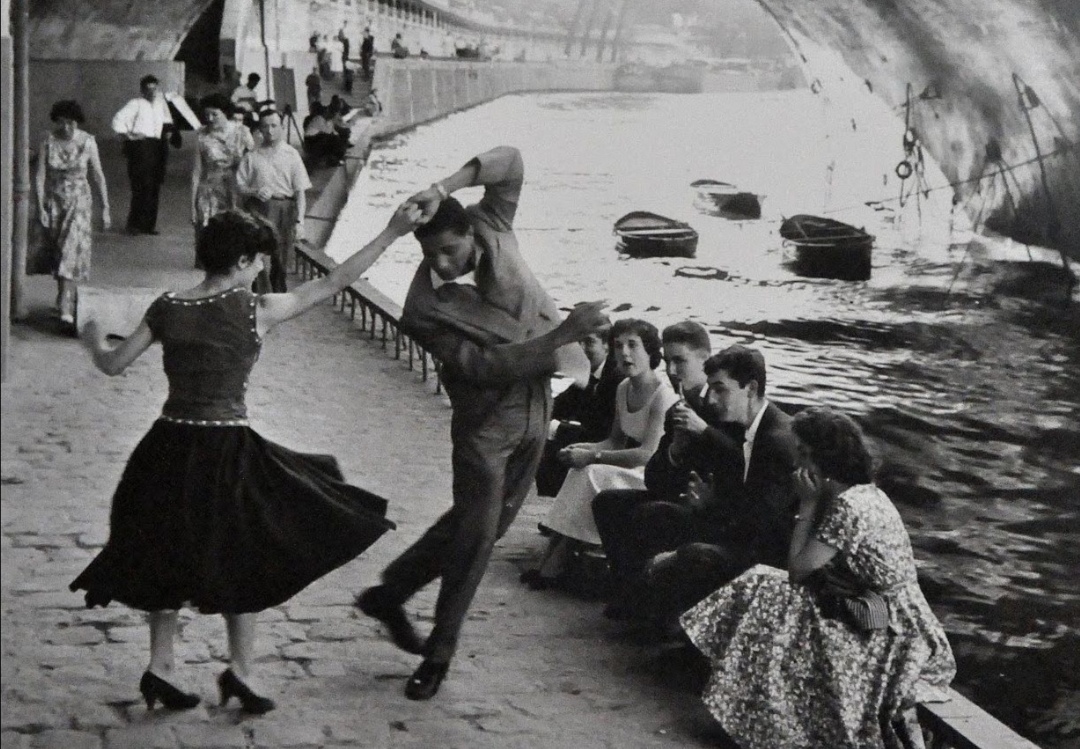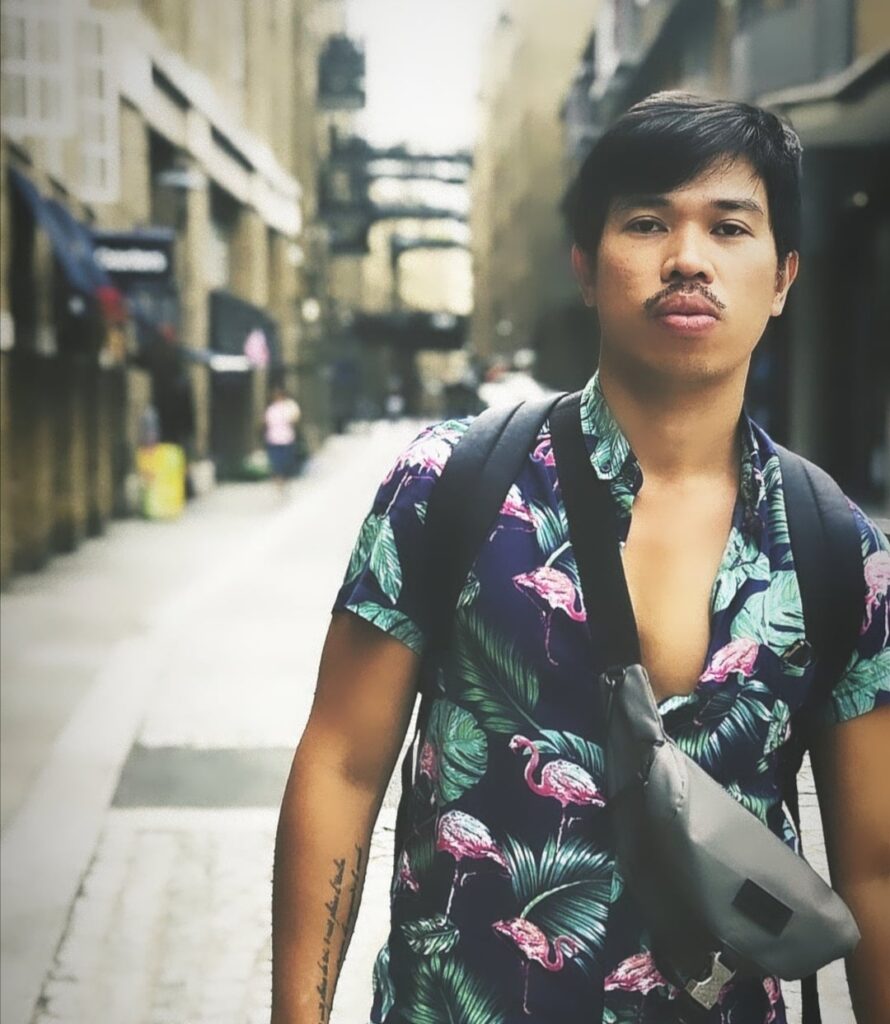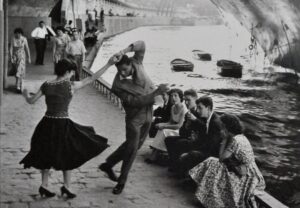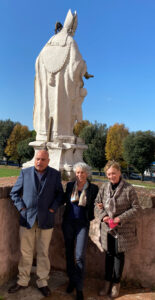
by
Carlo Rey Lacsamana
These past few days there have been rumors of an impending snowfall. Snow in this tiny corner of Tuscany is as rare as truffles. Not everybody is a fan of snow for it provokes various discomforts and annoyances and the year 2020 had given us a little too much of them already. But none, I assume, can deny the snow’s ethereal absorbing beauty that transforms the face of our little city. A snow-wreathed Lucca blooms with a wonderful profusion of bleakness and radiance, strangeness and loveliness, the sky deep dusky blue, and the walls like tiny charming Alps. It was like that three years ago the last time it snowed.
The recent clamor of the uncalled for gathering of unmasked groups of young people outside a famous pub in the city center in violation of the strict regulations regarding social norms in the time of Covid-19 has shifted the focus from the talk and dread of snow. As photographs and videos of the incident in question diffused in social media showing a number of young people drinking and dancing shoulder to shoulder in a crowded open-air without masks, uproar immediately ensued. Social media and local newspapers detain us with a barrage of condemnation, a crossfire of vulgar opinions, influencers jump into the fray to take up a cause and gain publicity, ill-regulated “journalists” found something to elucidate their prejudices.
Behind the cruel mockery of the whole thing substantial questions have yet to be asked. To condemn is easy, to understand is laborious. This incident suggests many things. It reveals fissures in our understanding of our plague-wrecked situation; of how poorly and unimaginatively we have confronted the social demands of the pandemic, aggravated by the disorderly strategies of the government, and the lack of communication between institutions, leaders and peoples. As the fact of our lives is left wandering in the labyrinth of shifting colors (yesterday red, today yellow, tomorrow who can tell?) it was so utterly expected that such incident would happen.
So ghostly and immobile and confusing the past months have been that young people, with their natural turn for adventure, their innate energy and impulsiveness, are wont to seize the opportunity to go outside to gather with their friends as soon as they see even a scant chance.
Chiefly this incident suggests one outstanding reflection: The social dislocations and severing of relationships caused by the pandemic beckon us to broaden our conception of what wise changes we should bring about in our community that will meet our growing need for sociality, for communion, for companionship. This is also evidence of the incapacity and inadequacy of the internet screen to heal our isolation. On-line cannot and will not replace the intimate pleasure of off-line companionship.
To come up with new forms of solidarity and creative gatherings without provoking another prolonged lockdown requires collective imagination and radical love. To discover a space in our space-limited lives where we can be connected, not through the screen, but where we can ask each other questions (how we got here?) and hear each other’s stories (Here I am. Here you are.). It asks of leaders to listen openly to the voices of the young, and of the young to shoulder responsibility with discipline, cunningness, joy, and grief. Only a collective struggle can open new dimensions in our virus-constricted lives.
Above all to educate ourselves as a culture to practice grief. Grief not as emotion but as a skill. To practice grief is to awaken our capacity to appreciate life properly.
It is not surprising that when young people gather and there is music around they dance. Dance embodies the exultant pulse of life. It evokes the swaggering joy and pain of being alive. Perhaps our task as a culture in this very troubled time is to conjure the proper tune to which we can dance while we grieve, grieve while we dance. If we are to dance let our first movement be that of honoring what we have lost.

Carlo Rey Lacsamana is a Filipino born and raised in Manila, Philippines. Since 2005, he has been living and working in the Tuscan town of Lucca, Italy. He regularly contributes to journals in the Philippines, writing politics, culture, and art. He also writes for a local academic magazine in Tuscany that is published twice a year. His articles have been published in magazines in the U.S., Canada, the U.K., Germany, India, and Mexico. Visit his website or follow him on Instagram @carlo_rey_lacsamana.

